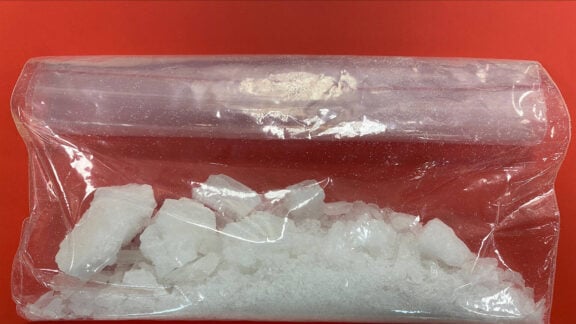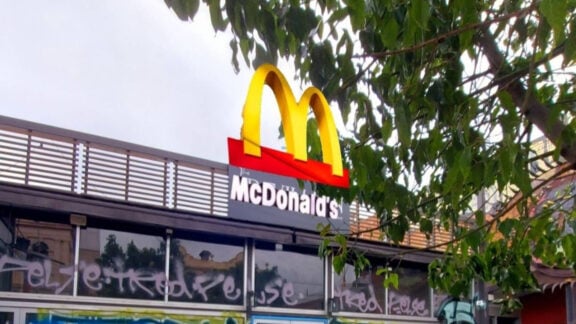In a recent report by Transparency International, a non-profit global civic society organisation, Greece ranks 69th of 168 countries in the Corruption Perceptions Index for 2016 (Australia ranks 13th, with Denmark ranked #1 for the second straight year).
Second to last in the eurozone countries (we managed to beat Bulgaria at least, who rank 75th) and down 11 places from 2015, it is better than the shocking 92nd place the country received in 2012, but nowhere near satisfactory . And if you look at the main criteria from which the rankings are formed, one wouldn’t be so surprised: freedom of the press, levels of access to state affairs so that citizens know where resources come from and how they are spent, levels of integrity for those in power, judiciary system that doesn’t discriminate between rich and poor and judicial independence.
According to Konstantinos Bakouris, president of Transparency International Greece, “the Greek crisis is primarily a crisis of values, and so far no government has managed to restore the credibility of institutions and create standards of integrity in order to change public perception towards corruption”.
And that begs the question − when have we Greeks protested in numbers for all those monstrous laws that are implemented to legitimise corruption and theft in broad daylight? Did we march when ministers involved in billion-euro (or drachma) transactions were cleared of any wrongdoing and branded safe from prosecution? When did we voice our anger with mass protests when the insurance funds were raided, the Armament Programs went through the roof, when legislation after legislation was drafted so that hundreds of high-ranking officials would be involved in bribery, obstruction of justice, abuse of authority and nobody would essentially pay for it? When district attorneys handling major corruption cases were threatened and sometimes pushed out of the back door when the next regime arrived? When almost every sector of public spending turned into an episode of Law and Order: Special Robbers Unit?
The answer is never.
In Romania, a third-world country in the minds of most Greeks, there were mass protests − the largest since the fall of Communism in 1989 − after a recent controversial decree that decriminalised certain corruption offences. The decree, which was supposed to come into force on 10 February, would have made abuse of power a crime punishable with jail time only if the sums involved exceeded 200,000 New Leu (AU$62,000).
After six nights of large protests in almost every Romanian city or town (300,000 flooded the streets of Bucharest alone) Prime Minister Grindeanu, only in his first month in office, was forced to repeal the decree on 5 February; a decree which would have set free over 1,500 state officials serving time in prison for abuse of power in the last two years alone, as Romania finally decided that a major anti-corruption overhaul is vital if the country is to go forward and not be a European pariah, a failed state that falls off a cliff time and time again.
So we can blame the troika and those ‘bad people’ (yes, I just quoted Donald J. Trump) all we want for this never-ending circle of austerity. Talks about the return to our national currency are growing and are only going to intensify in the months ahead, as the SYRIZANEL coalition will probably be forced to sign off on the reduction of tax-exempt limits and further slashes in pensions in the coming days, in order to reach a compromise with our creditors.
And while negotiations are ongoing, the only activity government officials and opposition members seem to thrive on is more poisonous public fighting about who is involved in more scandals than the other, proving once again how incompetent they are in these troubled times. Finger pointing, blame deflecting, divisive rhetoric from people who can’t seem to comprehend that the Greek Civil War ended in 1949 (and we sure don’t want another one) and conspiracy theories about billionaires going to sleep and dreaming of suffocating Greece and supplying refugees with iPhone 7s can only get you this far.
If now isn’t the time for a massive social movement that will demand to aggressively fight corruption, small and large-scale, I don’t know when is. They say ‘if it ain’t broke, don’t fix it’. Well, it is broke. And we must fix it. It won’t be easy. But no one else will do it for us.








